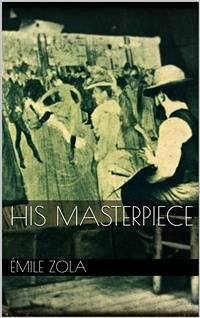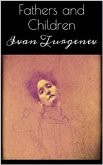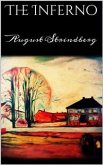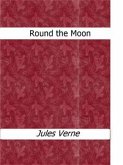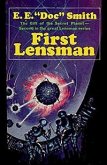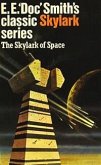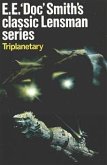'HIS MASTERPIECE,' which in the original French bears the title of L'Oeuvre, is a strikingly accurate story of artistic life in Paris during the latter years of the Second Empire. Amusing at times, extremely pathetic and even painful at others, it not only contributes a necessary element to the Rougon-Macquart series of novels—a series illustrative of all phases of life in France within certain dates—but it also represents a particular period of M. Zola's own career and work. Some years, indeed, before the latter had made himself known at all widely as a novelist, he had acquired among Parisian painters and sculptors considerable notoriety as a revolutionary art critic, a fervent champion of that 'Open-air' school which came into being during the Second Empire, and which found its first real master in Edouard Manet, whose then derided works are regarded, in these later days, as masterpieces.
Bitte wählen Sie Ihr Anliegen aus.
Rechnungen
Retourenschein anfordern
Bestellstatus
Storno

